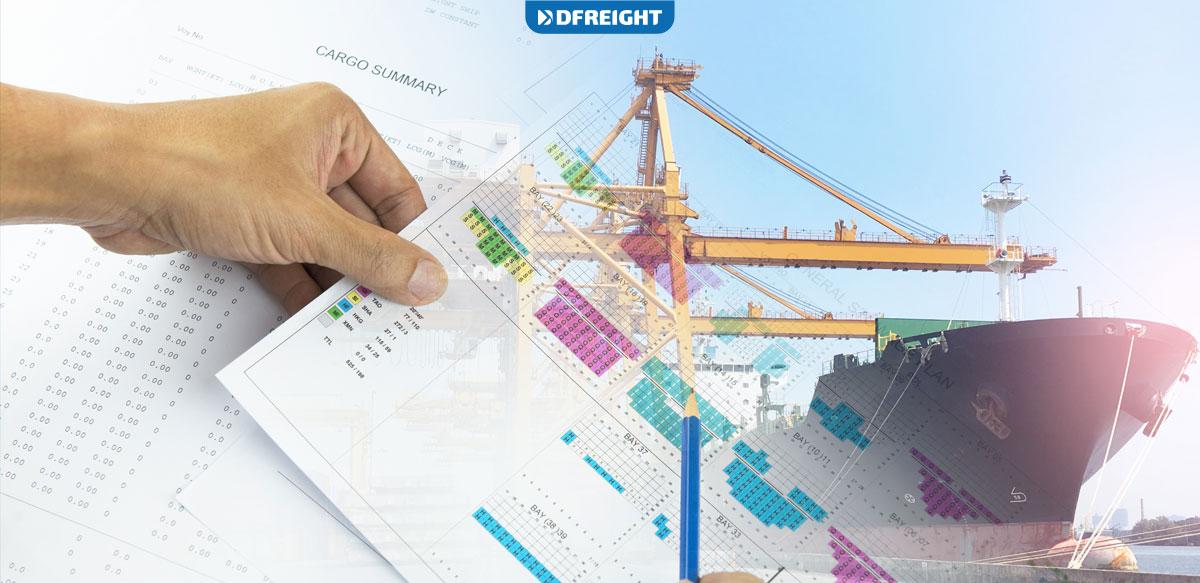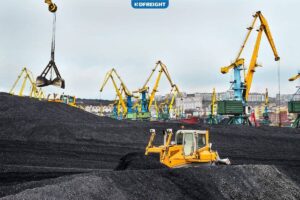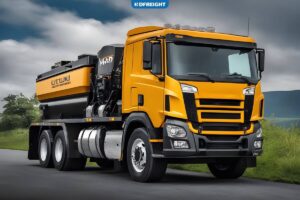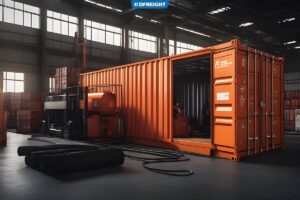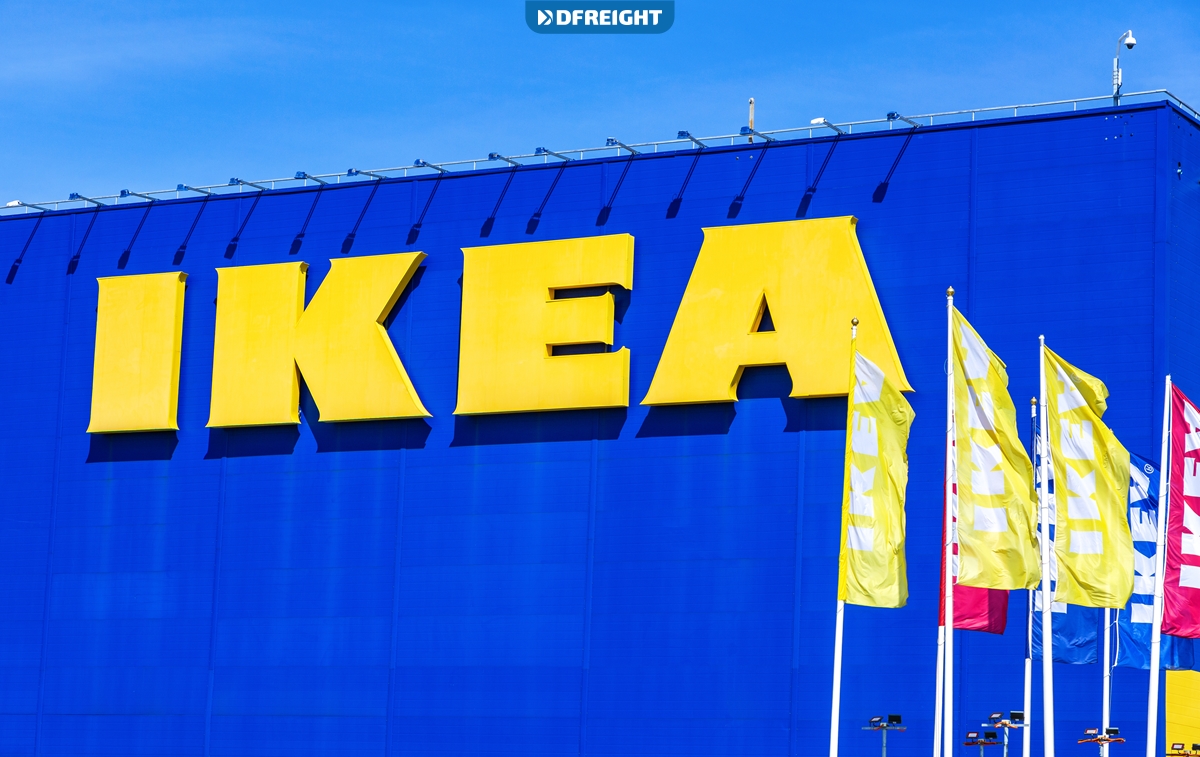Commodity trading is an old profession with a longer history than stock and bond trading. Many civilizations’ development can be traced back to their ability to develop complex trade networks and ease commodity trading.
Commodities are still traded throughout the world. Commodities exchange refers to the place commodities are exchanged and legal entities established to enforce the rules concerning the trading of standardized commodity contracts and related investment products.
Commodity trading is a centuries-old business that has developed over time. Today’s commodities are diverse, and modern trading takes place on exchanges like the Chicago Mercantile Exchange and the London Metal Exchange. To enter the commodities markets, one must first open an account with a trading platform. Here’s a guide to commodities trading that will tell you all you need to know before you get started:
Table of Contents
What Is a Commodity?
Commodities are the raw materials used to make finished goods. Agricultural goods, mineral ores, and fossil fuels are examples of commodities—basically, any natural resource consumed by businesses and individuals. Commodities are actual things that may be purchased, sold, and exchanged in markets and cleared through customs via customs brokerage agents, as opposed to securities like stocks and bonds, which are only financial contracts.
Commodities Are Divided Into Four Categories:
- Energy: Oil, natural gas, coal, ethanol, and even uranium are all part of the energy industry. Renewable energy sources, such as wind and solar power, are also included in energy.
- Metals: Precious metals like gold, silver, palladium, and platinum, as well as industrial metals like iron ore, tin, copper, aluminum, and zinc, are examples of commodity metals.
- Agriculture: Agriculture includes edible and non-edible products, including cocoa, sugar, grain, and wheat, as well as cotton, palm oil, and rubber.
- Livestock: All living animals, such as cattle and hogs, are considered livestock.
What Is Commodity Trading Meaning?
Here we have provided a commodity trading beginners’ guide for you. Like stock trading, where you buy and sell shares of corporations, commodity trading allows you to purchase and sell commodities. Commodities are exchanged on specific exchanges, and traders purchase and sell them to benefit from fluctuations in the commodity market. Contracts For Difference (CFDs), one of the most basic commodity trading alternatives, may make commodity trading easier for beginners. CFDs are financial tools that allow you to profit from price changes without taking ownership of the underlying securities.
Commodity Vs. Stock
Leverage is far more common in commodity trading than in stock trading. This implies you only put down a portion of the investment’s overall cost. For example, instead of putting down the entire $75,000 for the full value of an oil futures contract, you may put down 10%, or $7,500.
According to the contract, you must maintain a minimum balance depending on the estimated value of the trade. If the market price begins to move in a direction where you are more likely to lose money, you will be subject to a margin call and asked to deposit more funds to bring the trade back to the minimum value.
“Commodity trading on margin can result in higher profits than the stock market, but due to the leverage used, it can also result in higher losses,” Turner says. Small price fluctuations may significantly impact your investment return, so there’s a lot of room for gain in the commodities market, but there’s also a lot of room for loss.
Commodities are also short-term investments, particularly if you enter a futures contract with a specified deadline. This contrasts stocks and other market assets, where acquiring and retaining assets for a long time is more typical.
Furthermore, because commodities markets are open almost 24 hours a day, you have more time to make trades. When trading stocks, you should do so during business hours, when the stock exchanges are open. Although premarket futures provide some early access, most stock trading occurs during regular business hours.
Overall, commodities trading is riskier and more speculative than stock trading, but it may also result in faster and higher gains if your positions succeed.
Who Trade Commodities?
Producers of commodities and commodity trading companies trade commodities; commodity traders sell their goods to customers (sometimes manufacturers) for cash and to those who want to trade commodities. When people with an aptitude for finance got involved and created new trading strategies, commodity markets became more attractive.
For example, the introduction of futures contracts gave buyers and sellers additional freedom by allowing them to fix their pricing in the future. This protects them from price fluctuations while also allowing them to plan over time, decreasing their risk to factors that might affect trade flows, such as weather or international conflicts.
What Are the Advantages of Commodity Trading?
- Commodity returns have no relationship to returns from other investments, allowing for diversification. Commodities can also be used to diversify your investment portfolio as a single asset class.
- Commodities are safe from inflation since their prices tend to climb during periods of high inflation. This contributes to maintaining purchasing power parity.
- Supply delays during a natural disaster, an economic crisis, or a war might cause commodity prices to rise. On the other hand, commodity trading can help you avoid losses by using price swings wisely. For example, to lock in the price of a raw material’s input, a customer may buy a futures contract based on the current price of the commodity. Meanwhile, a producer seeking a high sale price would consider selling a futures contract as a short hedge.
Should I Invest in Commodity Trading?
Commodity trading is a strategy that is best suited for experienced investors. You should fully study commodity price charts and do various forms of research before trading. Because market price changes can result in huge profits and losses, you’ll also need a high-risk tolerance, which means you can face short-term losses in exchange for long-term profits. If you do decide to invest in commodities, keep in mind that it should only be a small part of your overall portfolio, and to gain high profits, we recommend importing and exporting commodities through FTZs.
The Final Word
If you are optimistic about the freight forwarding outlook this year and the commodity trading industry, consider speaking with a commodity trading advisor or contact us to help you decide if investment in commodities is good for you and to get advice on which strategies you should use in the commodity trading business. We also provide you with information on top sea ports in the world, suitable for commodity trading.
What is a commodity?
A commodity is a physical good that is traded on an exchange.
What types of commodities are there?
There are many types of commodities, including energy, metals, and agricultural products.
What factors affect commodity prices?
Supply and demand are the main factors that affect commodity prices.
What is a futures contract?
A futures contract is an agreement that commits the buyer to purchase a commodity at a set price at a future date.
What is commodity trading?
Commodity trading refers to the buying and selling of certain assets in the market. These assets can be either physical (e.g., gold, oil, wheat) or financial (e.g., stocks, bonds, currencies).
What are the tax and duty requirements for shipping commodities from Italy to UAE?
In shipping from Italy to UAE process depends on the type of commodities, taxes, and duties may vary. Generally, VAT at 5% is applicable on most commodities, as well as customs duties of up to 10%.
